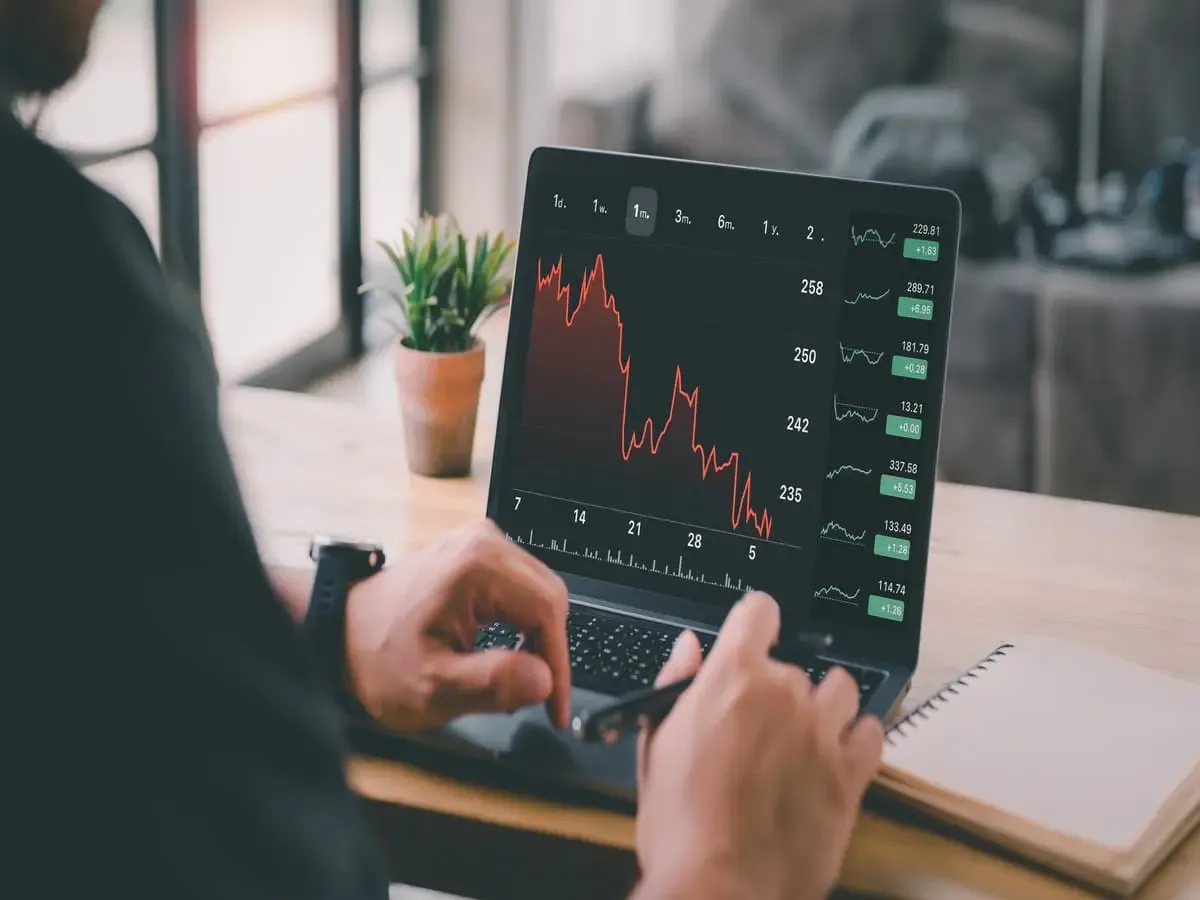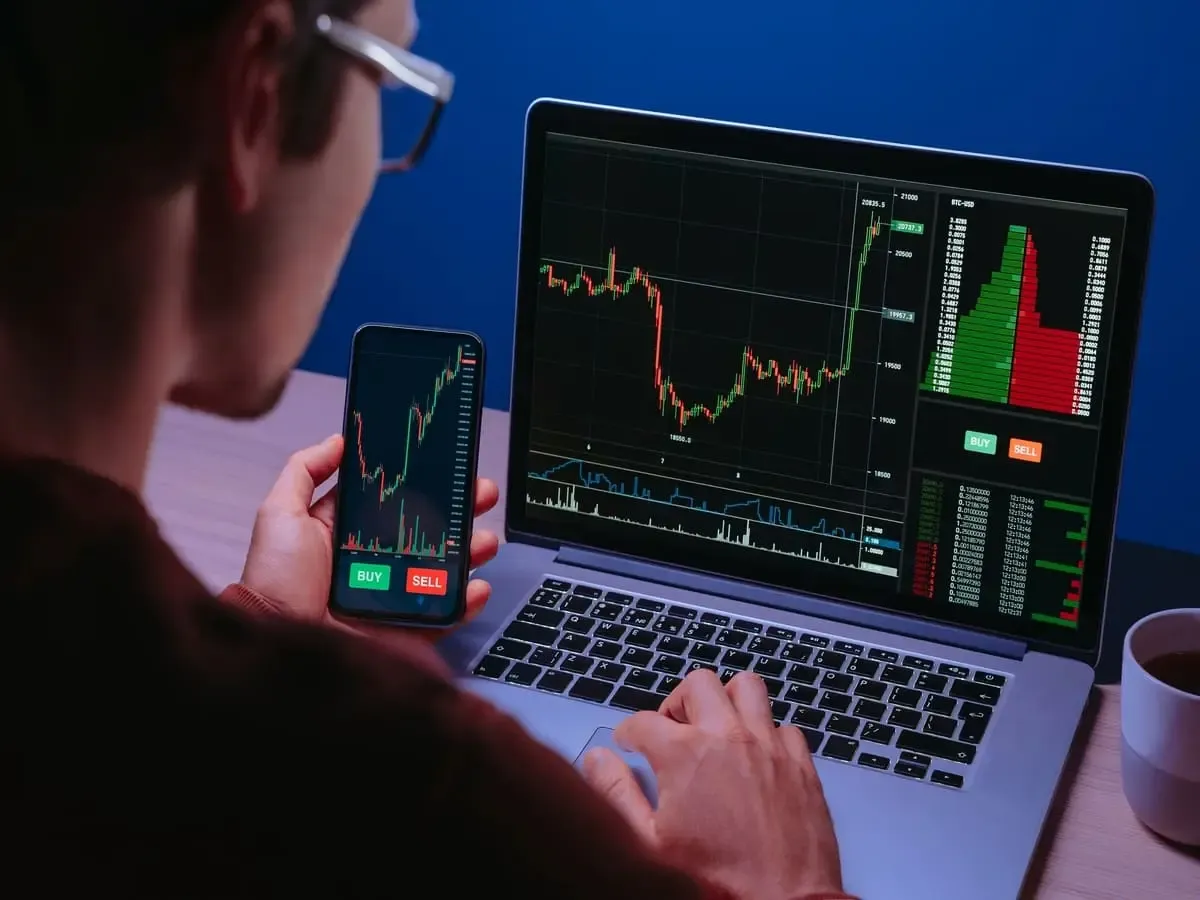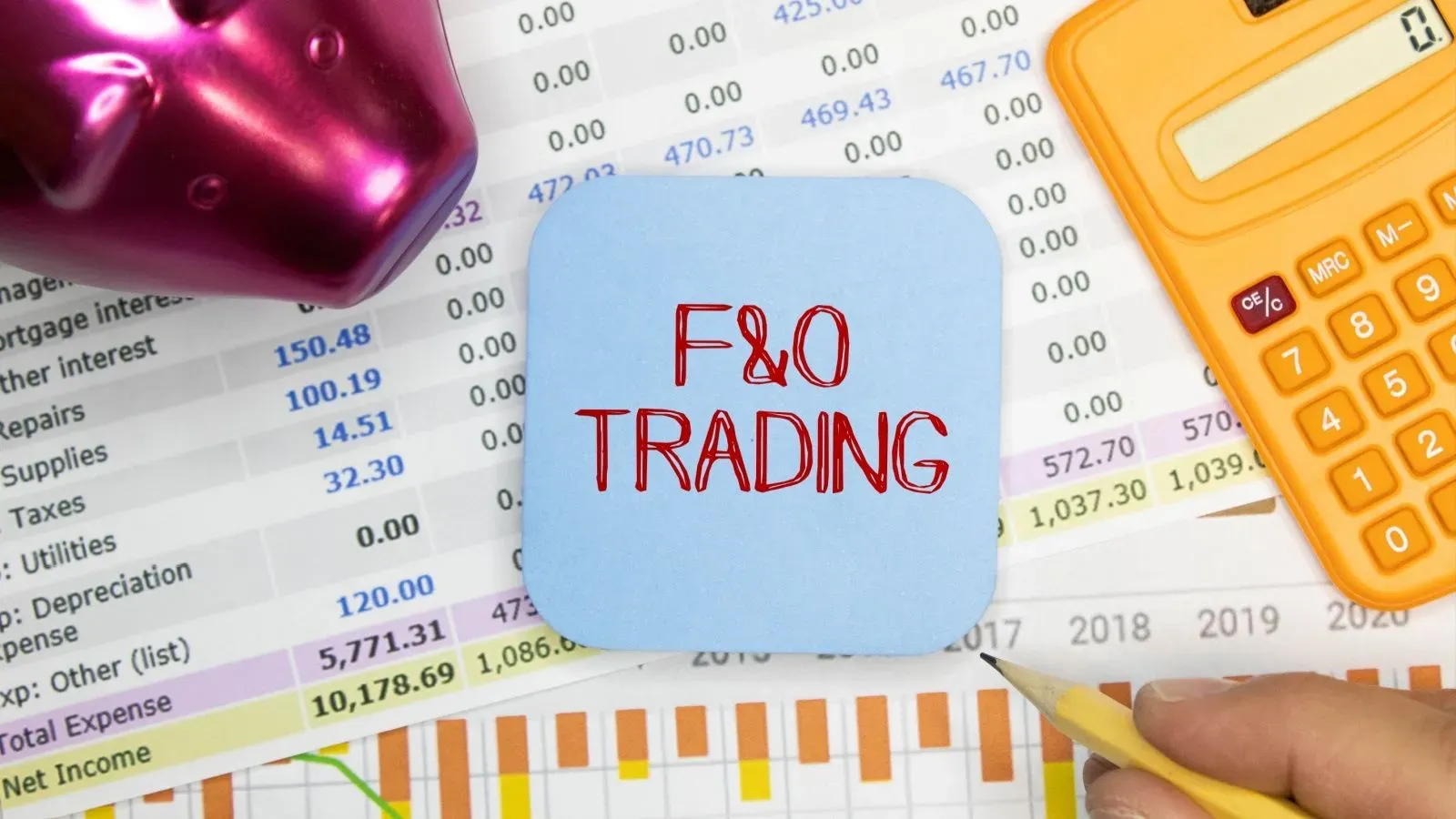Understanding intrinsic value and time value: Key concepts in options trading
Written by Upstox Desk
Published on February 10, 2026 | 5 min read

Summary
Options contracts give traders the choice to buy and sell assets at predetermined prices. Premiums are paid for this privilege, with two key components: intrinsic value, representing immediate profit potential, and time value, which factors in future possibilities. Understanding these values is crucial in options trading.
Options or options contracts are essentially financial derivatives. They account for 75% of the National Stock Exchange's (NSE) trading revenue. These contracts signify an arrangement between two parties where traders have the option (but not the obligation) to either purchase or sell an underlying asset. But should they decide to proceed, the buying or selling of the asset must occur on a predetermined date and at a previously established price point.
Let’s simplify this. Think of an options contract as a reservation for a limited-time discount at your favourite restaurant. You have the reservation, but you're not obliged to dine there. You can choose to go and enjoy the discount on a particular day, or you can decide not to use it at all. The key is that the reservation grants you the option to dine at a reduced price, but you don’t have to do it if you don’t want to.
There are mainly two types of options contracts:
- Call options: With a call option, you have the choice (but not the obligation) to buy a specific asset at a set price and date, as agreed upon in the contract.
- Put options: A put option is essentially the opposite of a call option. It grants you the right (but not the obligation) to sell an asset on the agreed date and price.
Maximising profits with intrinsic value and time value strategies: Demystifying option pricing
The cost of options is also called its premium. It is the amount the buyer pays to the seller of the asset in exchange for the benefits provided by the options contract. In a futures contract, the buyer commits to purchasing the actual item, such as a security or asset, on a specific future date. And the seller is obligated to sell it. This is not the case with options. The buyer can choose not to buy the underlying asset. So, they pay some money, called the premium, for this special right. The concept of “strike prices” is linked to this. It is the predetermined price at which you can buy or sell the underlying asset before a contract expires.
The price of an option is mainly composed of two key components:
- Intrinsic value: This is a measure of an option's profitability based on the strike price versus the stock's price in the market. It indicates how much the contract is worth right now in terms of being “in-the-money.” In plain words, it's all about the profit you'd make if you used the contract immediately. For instance, if you hold a call option with a strike price of INR 200 on a stock currently valued at INR 300, the intrinsic value of the call option is INR 100 (INR 300 – INR 200).
Intrinsic value (call) = Current stock price – strike price
A put option, on the other hand, is “in-the-money” when the price of the underlying security is lower than the strike price. By holding an “in the money” put option, you have a valuable tool that allows you to sell your stock at a profit, even if the market price has dropped below the strike price. This can be a useful strategy for hedging against potential stock price declines or locking in gains. For example, if the current market price of your stock (INR 200) is lower than the strike price of your put option (INR 300), your put option is “in the money”. Why? Because if you exercise the option of selling your stock at the current price of INR 200, you would make a profit of INR 100 (300-200) per share. This profit represents the intrinsic value of the put option. It's essentially the extra value you gain by having the right to sell your stock at a higher price than its current market value.
Intrinsic value (put) = Strike price – current stock price
- Time value: The concept of time value in options pricing is rooted in the contract's extrinsic worth. It hinges on both the anticipated fluctuations in the underlying asset's value and the time remaining until the option reaches its expiration date. In essence, it is that extra fee or premium you pay for having more time until the option ends. The logic behind this is that if an options contract has a long time left before it expires, it has a better chance of being profitable for the buyer. For instance, imagine that your option stock costs or has a premium value of INR 150, and its intrinsic value is INR 100. Then, its time value will amount to INR 50 (150 - 100).
Time value = Options premium – intrinsic value
Learning with professional advice: Options trading made easy
Expert opinions hold great value in options trading, which can be a complex undertaking. To navigate this space effectively, it's essential to seek specialised advice. Reach your financial goals by partnering with India’s fastest-growing broker, Upstox. Gain a deep understanding of options and the factors that impact options price movements and receive qualified assistance for a solid grasp of the trading environment. Trade seamlessly on both web and mobile platforms without no stress.
Download our app to know more.
About Author
Upstox Desk
Upstox Desk
Team of expert writers dedicated to providing insightful and comprehensive coverage on stock markets, economic trends, commodities, business developments, and personal finance. With a passion for delivering valuable information, the team strives to keep readers informed about the latest trends and developments in the financial world.
Read more from UpstoxUpstox is a leading Indian financial services company that offers online trading and investment services in stocks, commodities, currencies, mutual funds, and more. Founded in 2009 and headquartered in Mumbai, Upstox is backed by prominent investors including Ratan Tata, Tiger Global, and Kalaari Capital. It operates under RKSV Securities and is registered with SEBI, NSE, BSE, and other regulatory bodies, ensuring secure and compliant trading experiences.






















